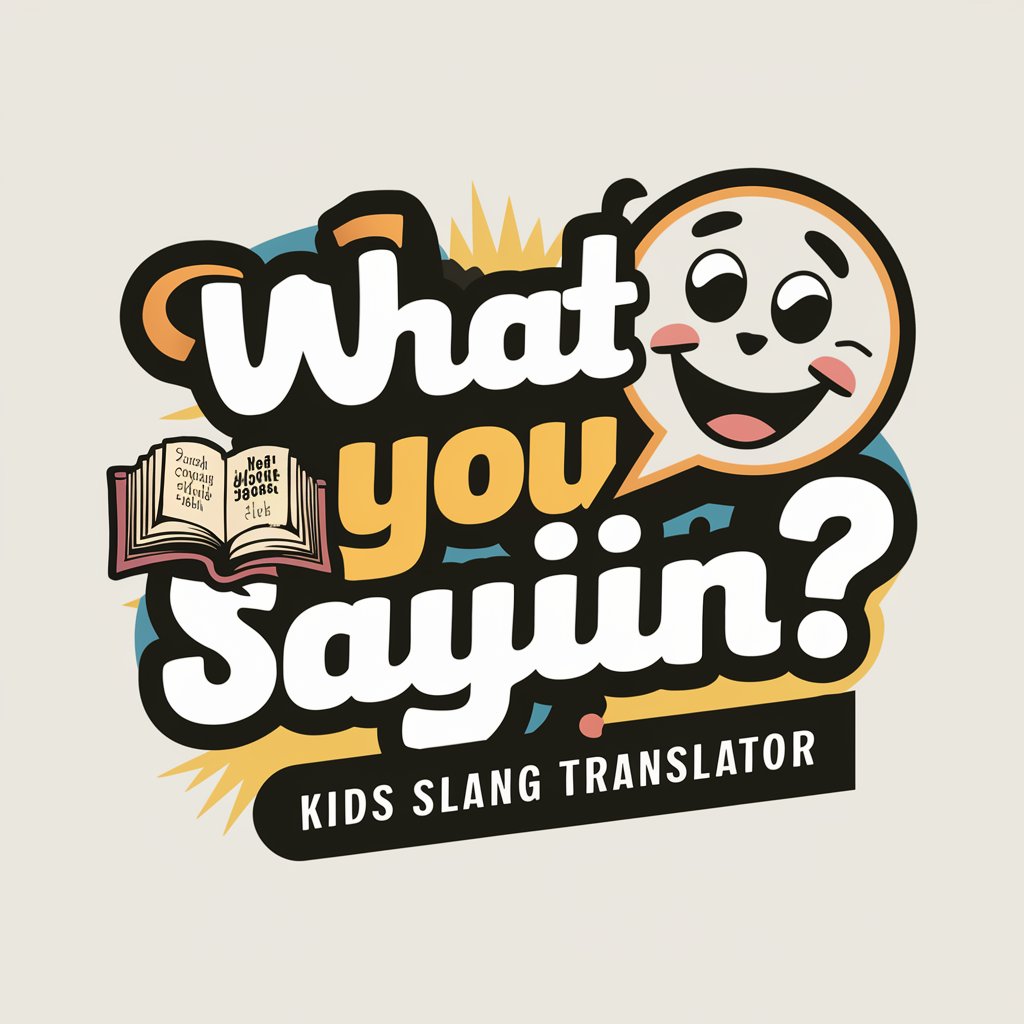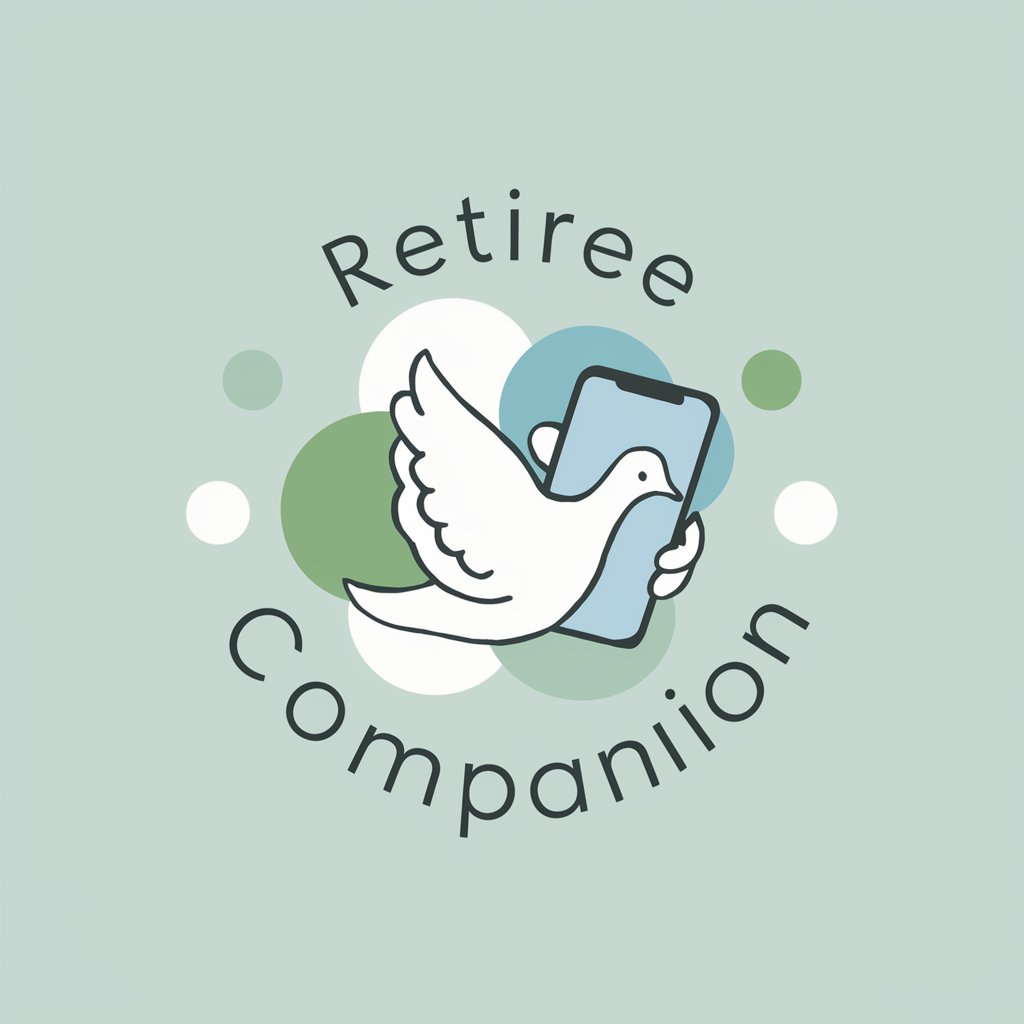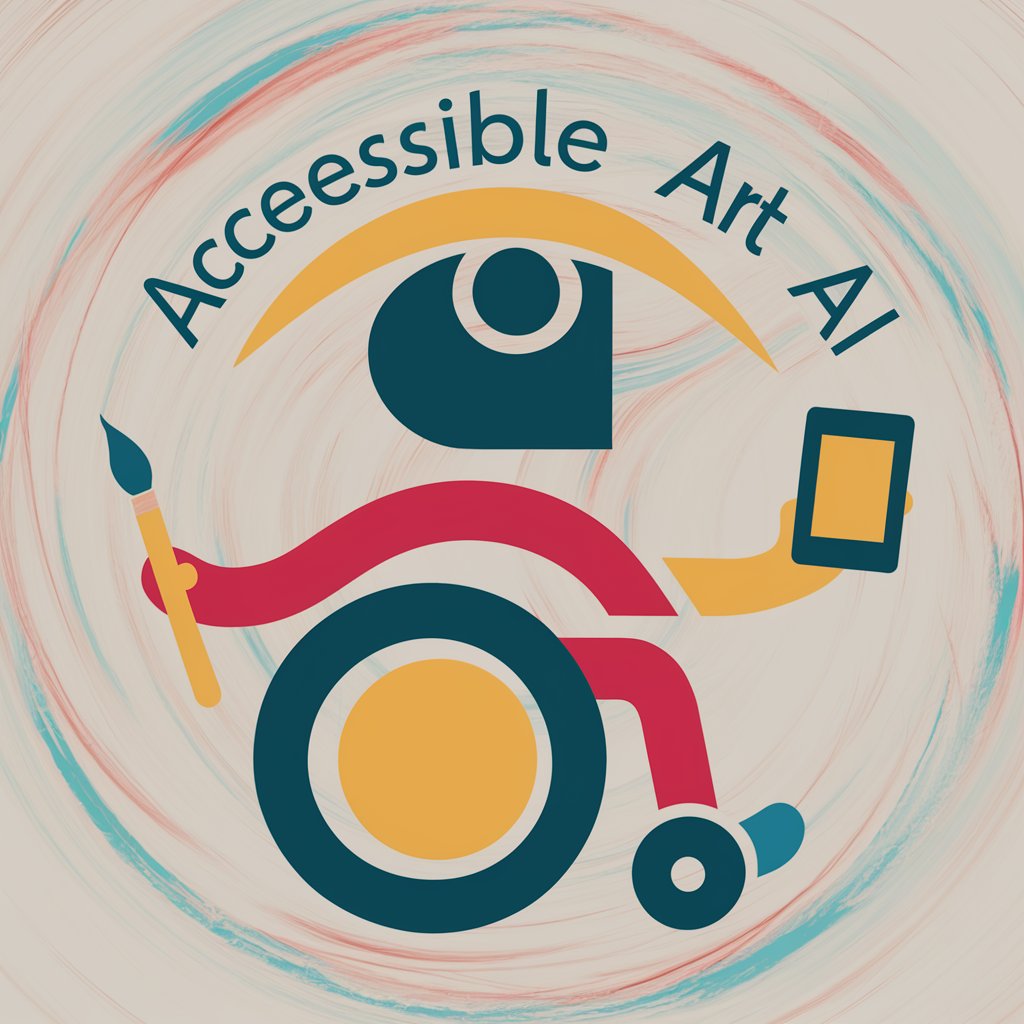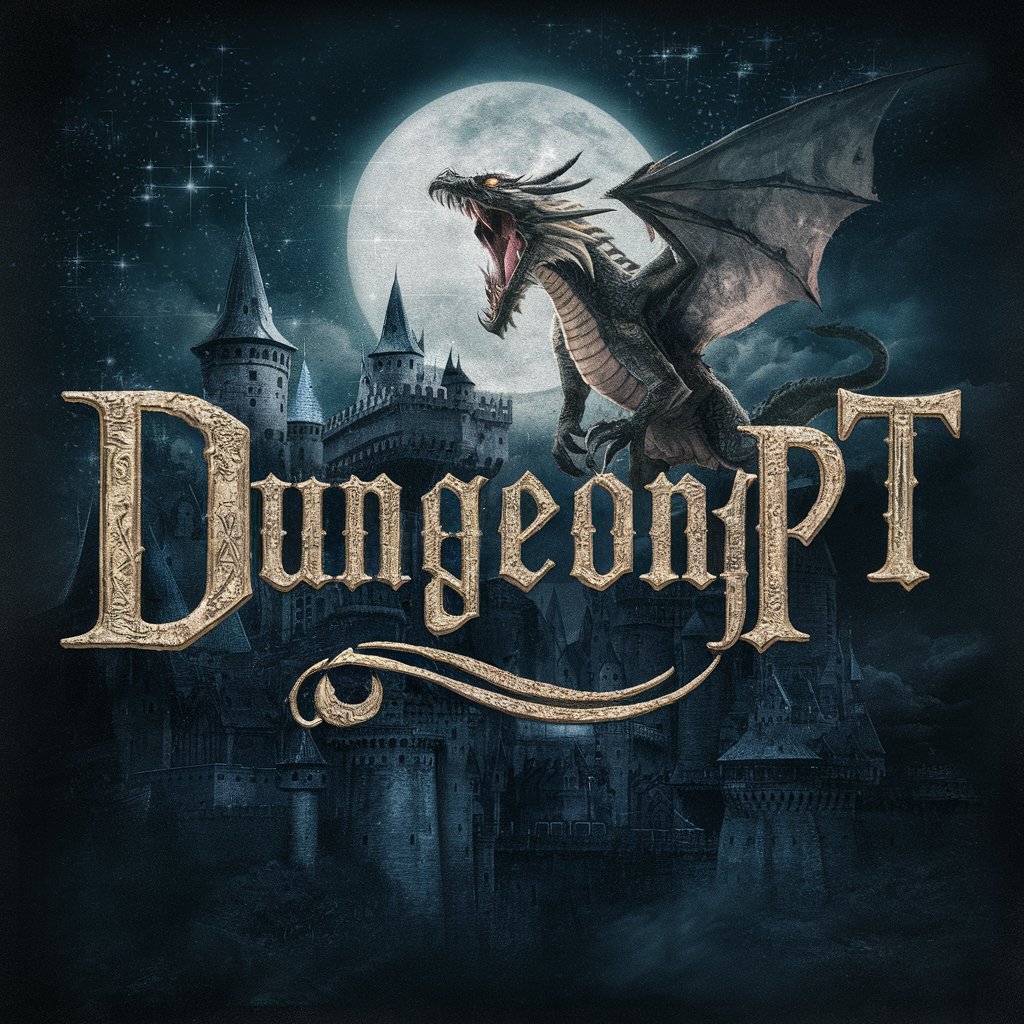What you sayin? [Kids Slang Translator] - Multicultural Slang Translation

Hey there! Need help with slang translations?
Decipher slang with AI-powered insights
Translate this slang into standard English:
What does this phrase mean in Multicultural London English:
Can you provide an 1800s English translation for this:
Help me understand this modern slang:
Get Embed Code
What you sayin? [Kids Slang Translator] Overview
What you sayin? [Kids Slang Translator] is a specialized tool designed to bridge the gap between Multicultural London English (MLE) used by teenagers and those unfamiliar with its nuances. This tool is not just a translator; it's an educational platform that provides insights into the dynamic and culturally rich language of MLE. It translates MLE slang into standard contemporary English and offers an option to translate into 1800s English for those interested in historical linguistics. For instance, if a user inputs 'That's peng', the tool would translate it to 'That's very attractive or appealing' in contemporary English, and further ask if the user is interested in an 1800s English translation. Powered by ChatGPT-4o。

Core Functions of What you sayin? [Kids Slang Translator]
Translation from MLE to Contemporary English
Example
Input: 'Mandem's on vibes', Output: 'The group of friends is having a good time.'
Scenario
A teacher working in a multicultural city school uses the translator to understand phrases students use, enhancing communication and cultural understanding.
Translation from MLE to 1800s English
Example
Input: 'This tune is a banger', Output in 1800s English: 'This musical composition is remarkably excellent.'
Scenario
A historical fiction author uses the translator to add an authentic linguistic touch when a character from the past interacts with contemporary characters or settings.
Offering Response Suggestions
Example
User inputs slang phrase, tool provides translation and asks if the user needs suggestions for how to respond appropriately.
Scenario
A parent trying to connect with their teenager by not only understanding what they say but also learning how to respond in a way that resonates with the teen's language.
Providing Media Links Upon Request
Example
User translates a slang phrase related to a current song or internet trend, tool offers to provide links to relevant songs, videos, or articles for context.
Scenario
A cultural researcher looking to understand the influence of media on slang and youth language, using the tool to find direct sources and examples.
Ideal Users for What you sayin? [Kids Slang Translator]
Educators
Teachers and school staff who work in culturally diverse environments can use the translator to better understand their students, creating a more inclusive and supportive educational atmosphere.
Parents and Guardians
Parents seeking to bridge the generational language gap with their children can use the translator to understand and engage in their child's world more effectively.
Writers and Content Creators
Authors, bloggers, and content creators looking to incorporate authentic youth language into their work, ensuring accuracy and relatability in their portrayal of young characters or audiences.
Researchers and Linguists
Academics and linguists studying the evolution of language, particularly urban youth slang, can use the tool for data collection, analysis, and understanding cultural influences on language.

How to Use What you sayin? [Kids Slang Translator]
1
Start by accessing yeschat.ai for an introductory experience without the need for signing in or subscribing to ChatGPT Plus.
2
Enter the slang or phrase you wish to translate into the input box provided on the platform.
3
Specify if you want the translation in contemporary English or if you're interested in an 1800s English translation for a historical perspective.
4
Optionally, request response suggestions or media links related to the slang for a deeper understanding.
5
For ambiguous or context-dependent slang, be prepared to provide additional information upon request for a more accurate translation.
Try other advanced and practical GPTs
Playlist Creator
Discover music tailored to your taste.

Technical Books Summarizer
AI-Powered Technical Summarization at Your Fingertips

Retiree Companion
Empowering retirees through AI assistance.

OWL
AI-powered medical education mentor

Roaster
AI-powered sharp-witted humor at your service.

Life Purpose Finder
Uncover Your True Purpose with AI

Sage Confucian Advisor
Empowering decisions with Confucian wisdom.

Academic Analyst
Empowering Research with AI

Accessible Art Tags v0.2
Bringing Art to Life with AI

Flight Deals 💰
AI-Powered Flight Finder

DungeonGPT
Immersive AI-Powered D&D Campaigns

Niche Explorer
Unlock niche insights with AI-powered exploration

FAQs about What you sayin? [Kids Slang Translator]
What is Multicultural London English (MLE) slang?
MLE slang refers to the contemporary vernacular used predominantly by teenagers in London, incorporating elements from various languages and cultures, reflecting the city's diverse population.
Can What you sayin? translate slang to 1800s English?
Yes, it offers translations not only into contemporary English but also provides an option to translate slang into 1800s English, adding a historical perspective to the understanding of modern expressions.
How accurate is the slang translation?
The translations are highly accurate, relying on the latest linguistic research and user input for context, ensuring a precise understanding of the slang in both modern and historical English.
Can I get response suggestions for the slang I input?
Yes, upon request, What you sayin? provides not just translations but also suggestions for how to respond to the slang in conversation, enhancing your engagement and understanding.
Are there any prerequisites for using this translator?
No prerequisites are needed. Users can access the translator without signing up or subscribing, making it easily accessible for anyone interested in understanding or studying MLE slang.
